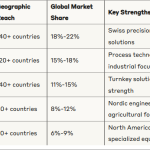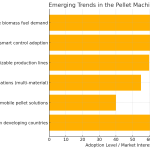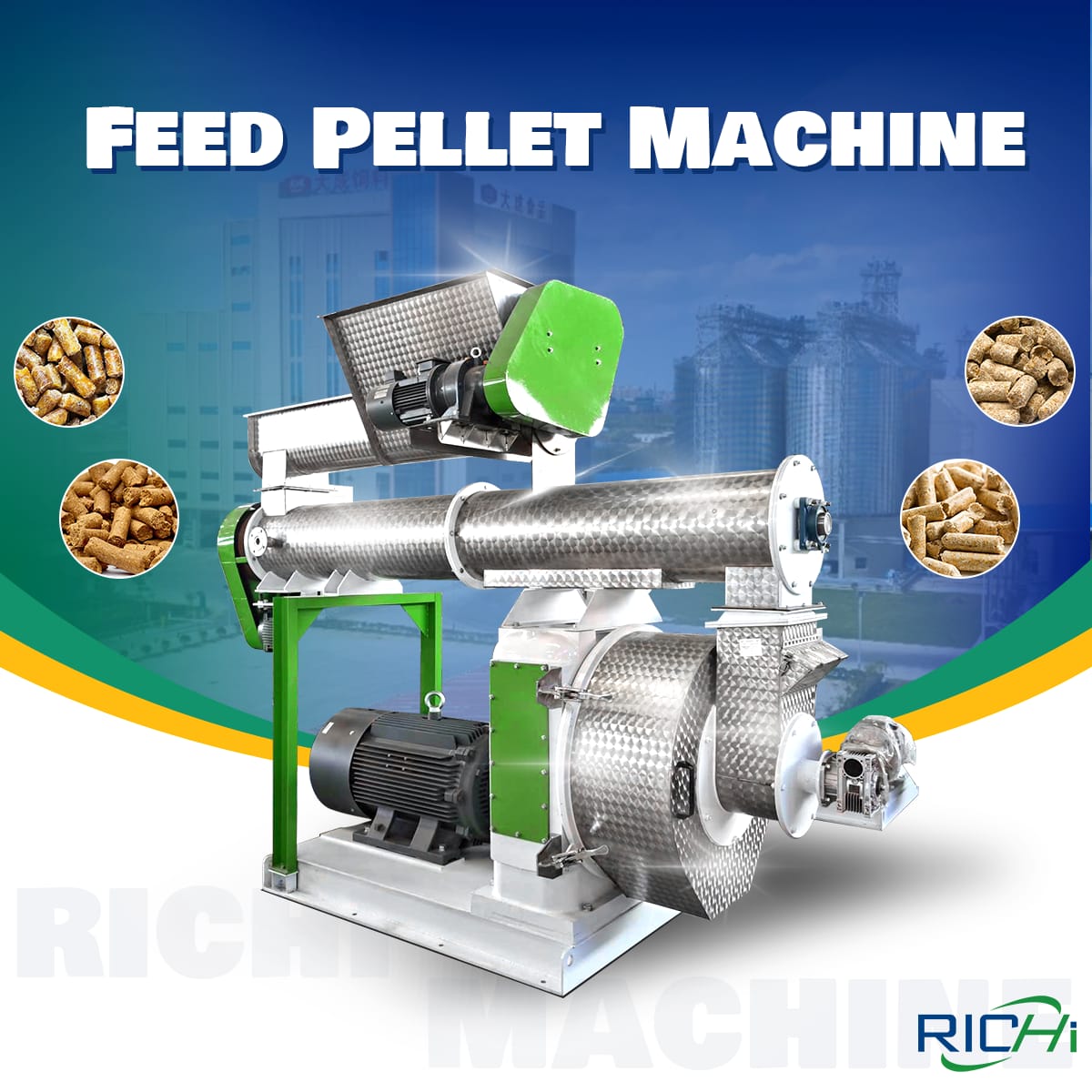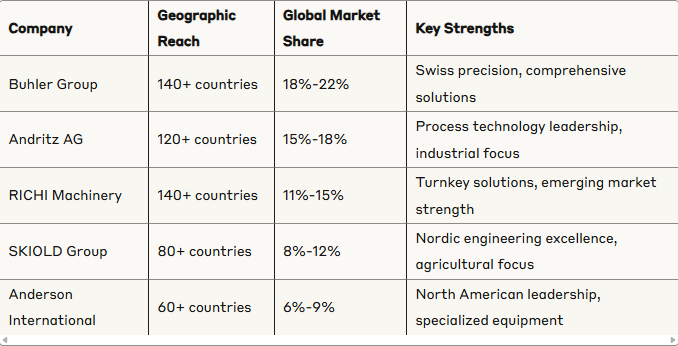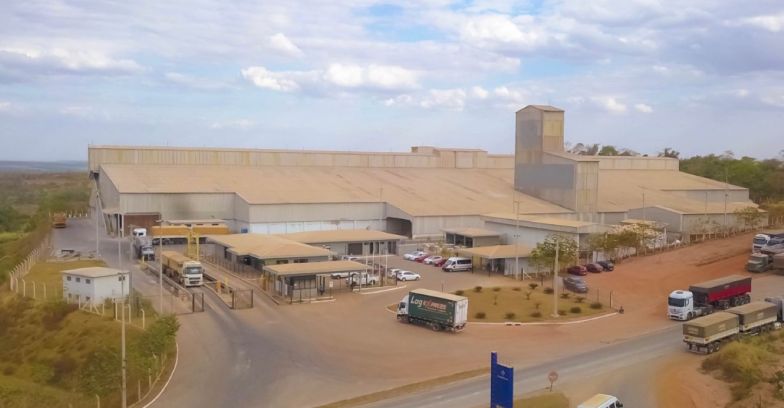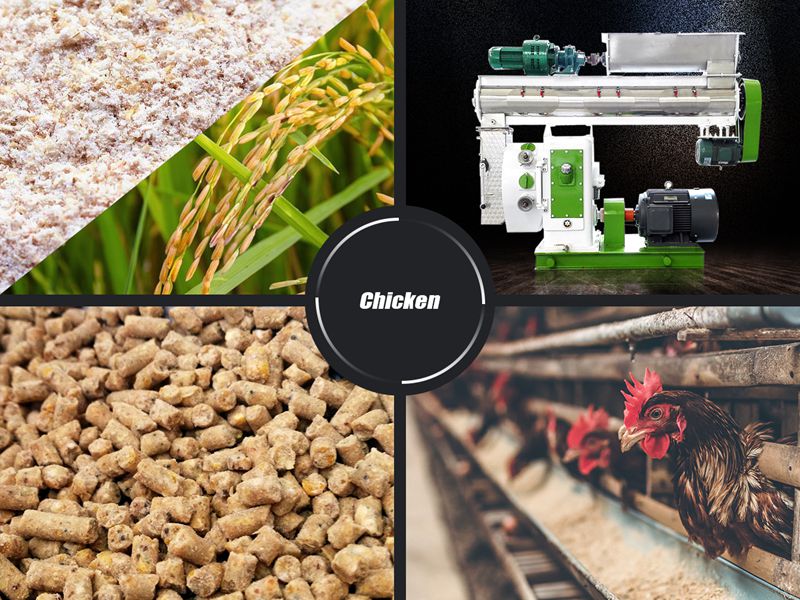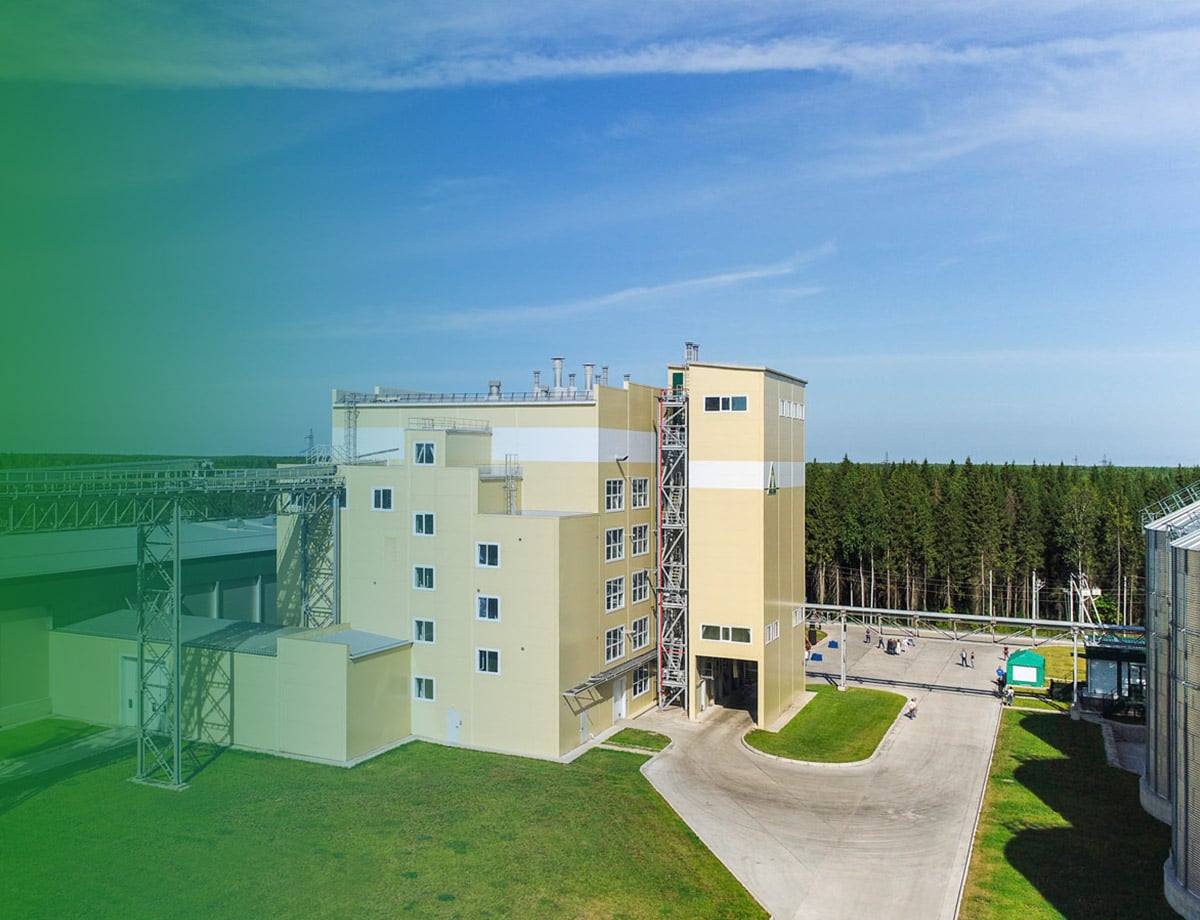In the dynamic landscape of the poultry industry, the demand for high-quality and sustainable feed solutions has become increasingly paramount. Among the diverse array of poultry species raised for meat production, broilers hold a unique and significant place.
These fast-growing birds are a vital component of the global food supply chain, providing a valuable source of protein to millions of people worldwide. To meet the specific nutritional needs of broilers, specialized equipment known as broiler feed making machines has emerged, offering a comprehensive solution for efficient and sustainable broiler feed production.
The Importance of Broiler Production
Broiler production is a thriving industry that spans various regions and cultures, contributing significantly to global food security and local economies. The significance of broiler production extends beyond mere sustenance, as it encompasses:
Food Security: Broilers are a valuable source of protein, providing meat that helps address global food insecurity and malnutrition.
Economic Opportunities: The broiler industry creates employment opportunities and contributes to the economic development of rural and agricultural communities, supporting livelihoods and promoting sustainable development.
Efficient Protein Production: Broilers are known for their efficient feed conversion rates, making them a cost-effective and sustainable source of animal protein compared to other livestock species.
Versatility: Broiler meat is versatile and can be incorporated into a wide range of culinary traditions and dishes, catering to diverse cultural preferences and dietary needs.
Resource Utilization: Broiler production can utilize agricultural by-products and waste materials, contributing to a circular economy and reducing waste disposal challenges.
As the demand for poultry meat continues to rise, ensuring a consistent supply of high-quality and nutritionally balanced feed is crucial for supporting sustainable broiler production and meeting the evolving needs of the industry.
The Role of Broiler Feed Making Machines
Broiler feed making machines are specialized equipment designed to produce nutritionally balanced and palatable feed formulations tailored to the specific needs of broilers. These machines support efficient broiler production by offering numerous benefits:
Consistent Product Quality: Broiler feed making machines utilize advanced technologies and quality control measures to produce feed with consistent nutrient profiles, ensuring optimal broiler health, growth, and productivity.
Customized Formulations: These machines can manufacture feed formulations tailored to the specific nutritional needs of different broiler breeds, life stages, and production systems, optimizing performance and efficiency.
Efficient Production: Modern broiler feed making machines are designed for efficient and cost-effective production, leveraging automation and process optimization to maximize output and minimize waste.
Sustainability: Broiler feed making machines can incorporate sustainable practices, such as the use of alternative protein sources, waste reduction strategies, and energy-efficient technologies, promoting environmental responsibility within the broiler production industry.
Economic Opportunities: Investing in broiler feed making machines can create employment opportunities, stimulate local economies, and contribute to the overall growth and development of the broiler production sector.
Related post:chicken feed making machine price
Key Components of a Broiler Feed Making Machine
A successful broiler feed making machine operation requires the integration of various components to ensure efficient and sustainable production. The key components of a typical broiler feed making machine include:
Raw Material Handling and Storage: Facilities for receiving, storing, and handling raw materials such as grains, oilseeds, protein sources, vitamins, and minerals are essential for ensuring a consistent supply of high-quality ingredients.
Grinding and Mixing: Advanced grinding and mixing equipment is necessary to achieve the desired particle size and homogeneous distribution of ingredients in the broiler feed formulation.
Pelleting and Extrusion: Pelleting and extrusion systems are crucial for producing high-quality, durable feed pellets or extruded products that can withstand handling, storage, and transportation without compromising nutritional value.
Drying and Cooling: Efficient drying and cooling systems are required to remove excess moisture from the broiler feed products, ensuring their stability and prolonging their shelf life.
Quality Control and Testing: Comprehensive quality control measures, including laboratory testing and analysis, are essential to ensure that the final broiler feed product meets stringent nutritional and safety standards.
Packaging and Storage: Appropriate packaging and storage facilities are necessary to maintain the quality and integrity of the broiler feed during transportation and distribution.
Automation and Process Control: Advanced automation and process control systems are integrated into broiler feed making machines to ensure consistent product quality, maximize efficiency, and minimize downtime.
Auxiliary Systems: Broiler feed making machines also require auxiliary systems such as material handling equipment, dust collection systems, process control systems, and utilities to ensure efficient and safe operations.
Factors Influencing Broiler Feed Making Machine Success
The success of a broiler feed making machine operation is influenced by several critical factors, including:
Raw Material Sourcing and Supply Chain Management: Securing a reliable and cost-effective supply of high-quality raw materials is crucial for consistent broiler feed production and profitability.
Formulation Expertise: Employing skilled avian nutritionists and feed formulators is essential to develop balanced and optimized broiler feed formulations that meet the specific nutritional requirements of various broiler breeds, life stages, and production systems.
Technology and Automation: Investing in advanced technologies and automation systems can enhance production efficiency, reduce labor costs, and improve product quality and consistency.
Energy Efficiency and Sustainability: Incorporating energy-efficient technologies and sustainable practices, such as waste reduction strategies and renewable energy sources, can reduce operational costs and minimize the environmental impact of the broiler feed making machine operation.
Regulatory Compliance: Ensuring compliance with relevant regulations and standards related to feed safety, quality, and environmental protection is essential for the long-term viability of the broiler feed making machine operation.
Skilled Workforce and Training: Employing a skilled and well-trained workforce is crucial for the efficient operation and maintenance of the broiler feed making machine facility, ensuring optimal performance and minimizing human errors.
Continuous Improvement: Implementing a culture of continuous improvement, including regular equipment upgrades, process refinements, and the adoption of new technologies, can drive long-term efficiency gains and maintain competitiveness in the broiler feed market.
Opportunities and Future Outlook
As the global demand for poultry meat continues to rise, the broiler production industry is poised for significant growth, creating numerous opportunities for broiler feed making machines. The future outlook for this sector is promising, driven by factors such as:
Increasing Broiler Production: The growing global population and rising demand for affordable and sustainable sources of animal protein are expected to drive the expansion of broiler production operations, consequently increasing the demand for high-quality broiler feed.
Technological Advancements: Ongoing research and development in areas such as avian nutrition, ingredient optimization, and production processes will contribute to the development of more efficient and innovative broiler feed products.
Sustainable Practices: The adoption of sustainable practices, such as the use of alternative protein sources, waste reduction strategies, and renewable energy sources, will become increasingly important in the broiler feed industry.
Precision Poultry Nutrition: The integration of precision poultry nutrition techniques, including individualized feeding strategies and real-time monitoring, will drive the need for specialized broiler feed formulations tailored to specific production systems and broiler requirements.
International Collaboration and Investment: Increased international collaboration and investment in sustainable poultry production will drive the development of new broiler feed making machines, fostering economic growth and technological advancements.
Conclusion
Broiler feed making machines play a crucial role in supporting efficient broiler production and contributing to global food security. By investing in these specialized machines, stakeholders can help meet the rising demand for poultry meat while promoting sustainable practices and economic development. As the world continues to recognize the importance of sustainable poultry production and responsible animal husbandry, broiler feed making machines will remain at the forefront of this vital industry, fueling its growth and driving innovation for a more prosperous and responsible future.


